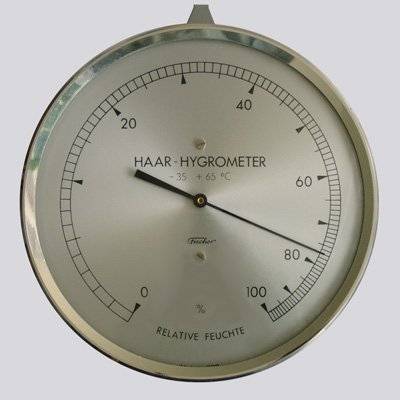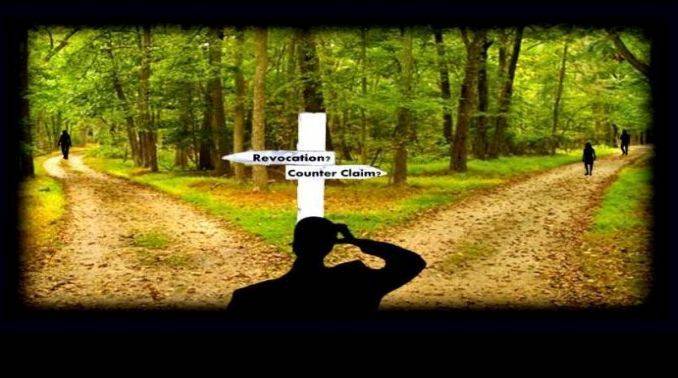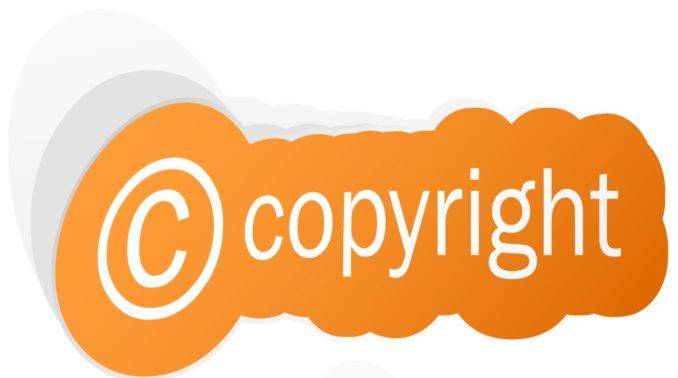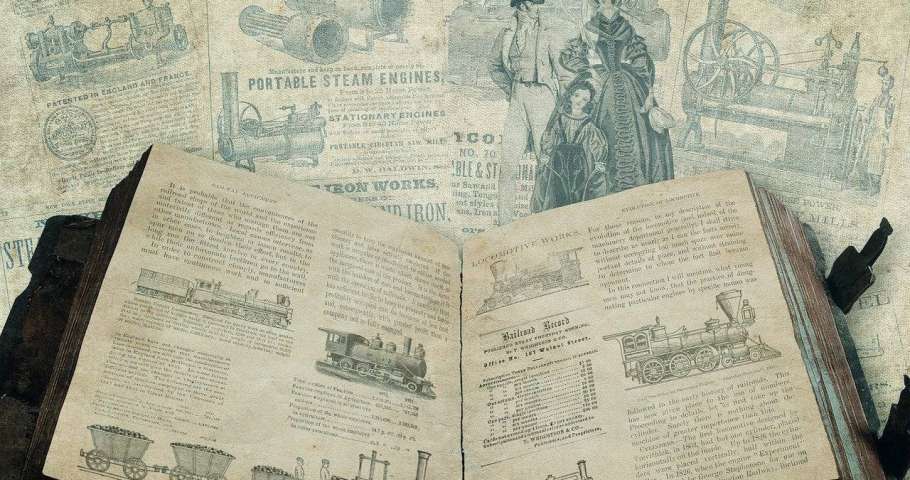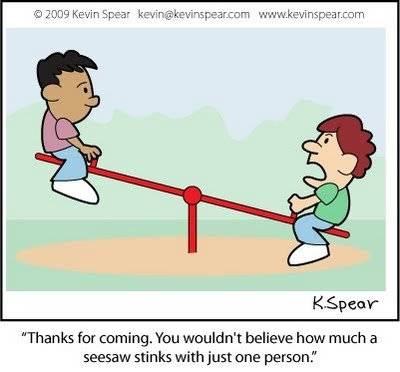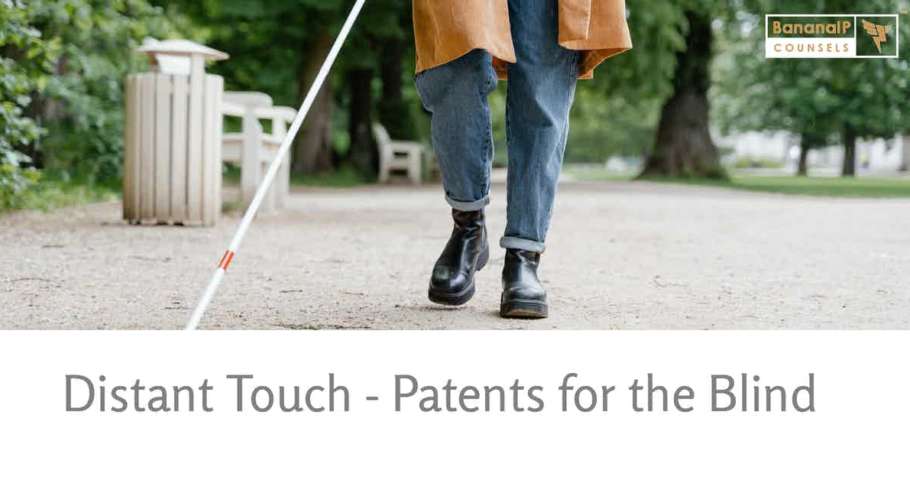This post was first published on 2nd September, 2014.
Merchandising is an extension of a brand into new categories. Any merchandise is created by securing license of different Intellectual Properties such as themes, images, songs or dialogues of a film, characters etc. It is in the past decade that Movie Merchandise and Character Merchandise has gained popularity in India.
According to the industry reports, global licensing & merchandising is a huge business with its top 125 licensors accounting for sales amounting…



